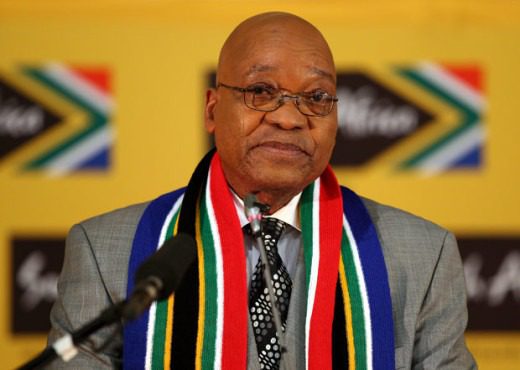Economic Issues
Let’s ask question on 2014 budget compliance -By Sekinah Lawal

How far have the various governments gone with the implementation of the 2014 budget before talking about 2015 and where are the “projects”?
At the federal, states and local government levels, there have been capital releases running into several billions of naira, most of which have been fully cash-backed; Nigerians must begin to ask our leaders certain critical questions.
For instance, three years after the supposed fuel subsidy removal, it was stated that out of the N268.37 billion provisioned for SURE-P, N208.3 billion (or 77.6% of the SURE-P budget) has been utilized in various job creation initiatives and infrastructure projects, Nigerians must be asking for those projects, how much was spent and how much should it actually be.
Where are the SURE-P capital projects of 2014 costing several billions of naira? Hoping that such projects would not have been budgeted for in other sections of the same budget?
Capital expenditure is used to provide infrastructure such as roads, water, power; educational services such as schools, colleges and universities; and healthcare facilities and services, among others. We must begin to engage more meaningfully in the debates and discussions surrounding the budget as well as ensure that government and its officials are held accountable for the public resources entrusted in their care.
Another example is that of the National Human Rights Commission. Like the INEC and NASS, the Commission’s Act was amended to protect its independence in ensuring the investigation and prosecution of human rights violations in the country while receiving huge transfer from the budget, how many prosecutions so far despite the huge budget?
Nigerians, especially our lawmakers, must make it a point of duty to ensure that funds that would have been spent on servicing debt are saved or used for the provision of essential public goods and services.
Instead of some of our leaders to focus on job creation and inclusive growth through advancement of ongoing infrastructure development works particularly in the power, aviation, roads and rail sectors, it is amazing to hear one of them campaigning recently that they will import rice instead of talking about mechanizing farming and making it very attractive to young graduates.
Can you imagine, out of the 2014 planned expenditure, a total of N399.69 billion or 9% is earmarked for statutory transfers, N712 billion or 15% is for debt service, N2.431 trillion or 52% is for recurrent (non-debt) expenditure while the remaining N1.101 trillion (or N1.267 trillion when elements of capital expenditure in statutory transfers are added) is earmarked for capital expenditure.
How can we make progress if just 27% of the total budget is for capital projects while debt servicing takes 15%, a whooping 712billion naira, how can we grow? And FG is planning to borrow more again. And our lawmakers are allowing such recklessness.
How can we grow with a very huge cost and large portion of the fiscal year’s cost going to debt servicing and paying salaries?
How many of the ongoing capital projects in critical sectors like agriculture, power, infrastructure, housing, among others are now completed or near completion in order to be able to track the budget? Who are those in-charge of monitoring and how well are they doing that? That is a question for another day.
Does it make sense to be borrowing again considering what we use in servicing the debt?
We must be budgeting to stimulate the economy, alleviate poverty, and improve the welfare of Nigerians through job creation initiatives. We need to be saying this because many of these projects are budgeted for repeatedly year in, year out.
The second Niger bridge like some other never-ending projects; Lagos-Ibadan expressway, Lagos-Kano, Port-Harcourt-Maiduguri among others, have so many unanswered questions.
This is not to talk about health and education with little or no impact despite the supposed huge amount spent. Federal, states’ and local government budgets should be of great concern to all Nigerians. And efforts should be made at ensuring citizens’ meaningful participation in the budget preparation process.




















